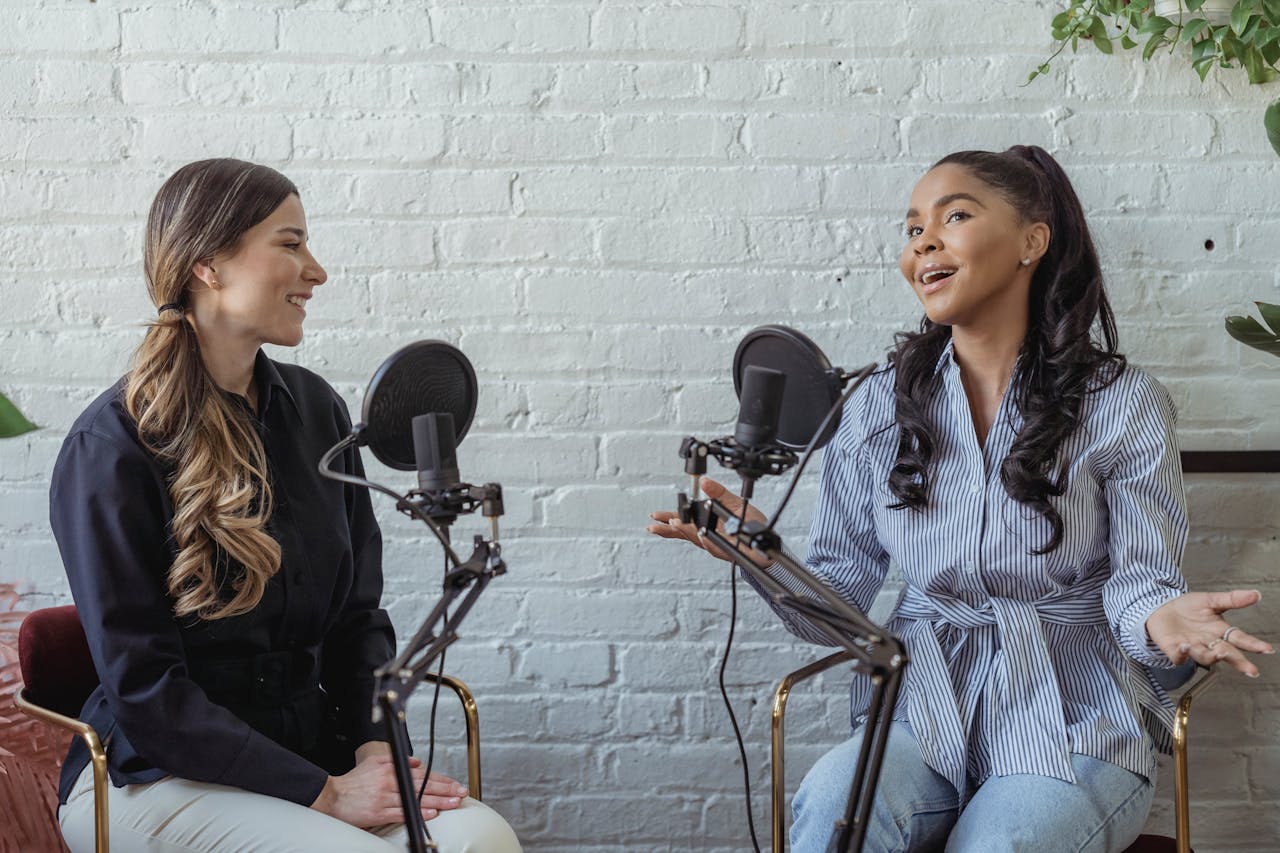The ideas we hold dear to ourselves are our opinions. They’re a subjective perception of how we see the world that becomes very dear to us because we believe we created them. We form our identity based on what we think about something, thus giving us a sense of false power. This authority is so powerful that we believe reality is based on our thoughts. As a child, when I didn’t like a particular food, I would say, “That’s nasty.” When I didn’t like something at work, I’d say, “That’s trash.” In both cases, I used my subjective experience to describe what I didn’t like objectively. It should be fairly evident how false this can become.
It’s no different when we decide to rank things. It’s funny how we can’t see anything without putting it in a hierarchy. This is better than that. He’s better than her. That movie I just saw was the worst. These rankings are not objective either, as they come from my personal, subjective experience of what I’m ranking. The criteria for these rankings change every day.
When I cloud an object or situation with an opinion, I no longer see it for what it is. Worse, I am no longer curious about discovering what it is beyond my opinion. When I say that a person is annoying, I’m saying that they cannot reach beyond my description of them, and I’ve limited them to the annoyance they’ve caused me. I will never want to truly get to know this person because I’ve already declared that they are detrimental to my life. When I believe a choice is wrong, I would be inclined to backtrack rather than explore the new choice that I’ve made. My opinions start to put a filter on what I see. These aren’t the same filters we find on Instagram.
At the root of opinion is preference, or the belief that something is better. As we talked about, when we believe that something is better than another, we start to resist the least preferred option. I prefer things that give me comfort. I enjoy coming home and watching television. If this gets disrupted by anything else, then my entire world is out of order. Most of us are comfortable with the status quo because we’ve worked within it for most of our careers. When someone like me tries to disrupt this status quo, chaos ensues.
Preference becomes tension because the world doesn’t always conform to what we want. As a result, we need to control the world so that we are not inconvenienced by the options we don’t want selected for us. This control can contribute to much of the suffering and hardships we’ve faced in the past and today. The religious person wants others to conform to his opinions. Any nonconformity is seen as disobedience, and punishment is the result. Parenting tends to set off this chain of events as well. Any form of obedience is nothing more than people conforming to our preferences. When someone decides not to, we call them wrong because, of course, we’re right.
Questions and Responses
Opinions are based on personal feelings and experiences, while facts are objective and universally verifiable. We often confuse the two without realizing it.
We believe our opinions reflect our identity. Letting go of them can feel like letting go of who we are, which makes detachment emotionally challenging.
Opinions act like filters. Once we form one, we tend to stop exploring beyond it, limiting our understanding of people, situations, and ourselves.
Ranking creates false hierarchies. It turns our preferences into judgments, making it hard to see things or people without bias or competition.
We can’t entirely escape them, but we can become aware of how they shape our perceptions and reduce their control over our decisions and interactions.
When reality doesn’t match our preferences, we experience tension. This creates a need for control, often leading to frustration, conflict, or even oppression.

